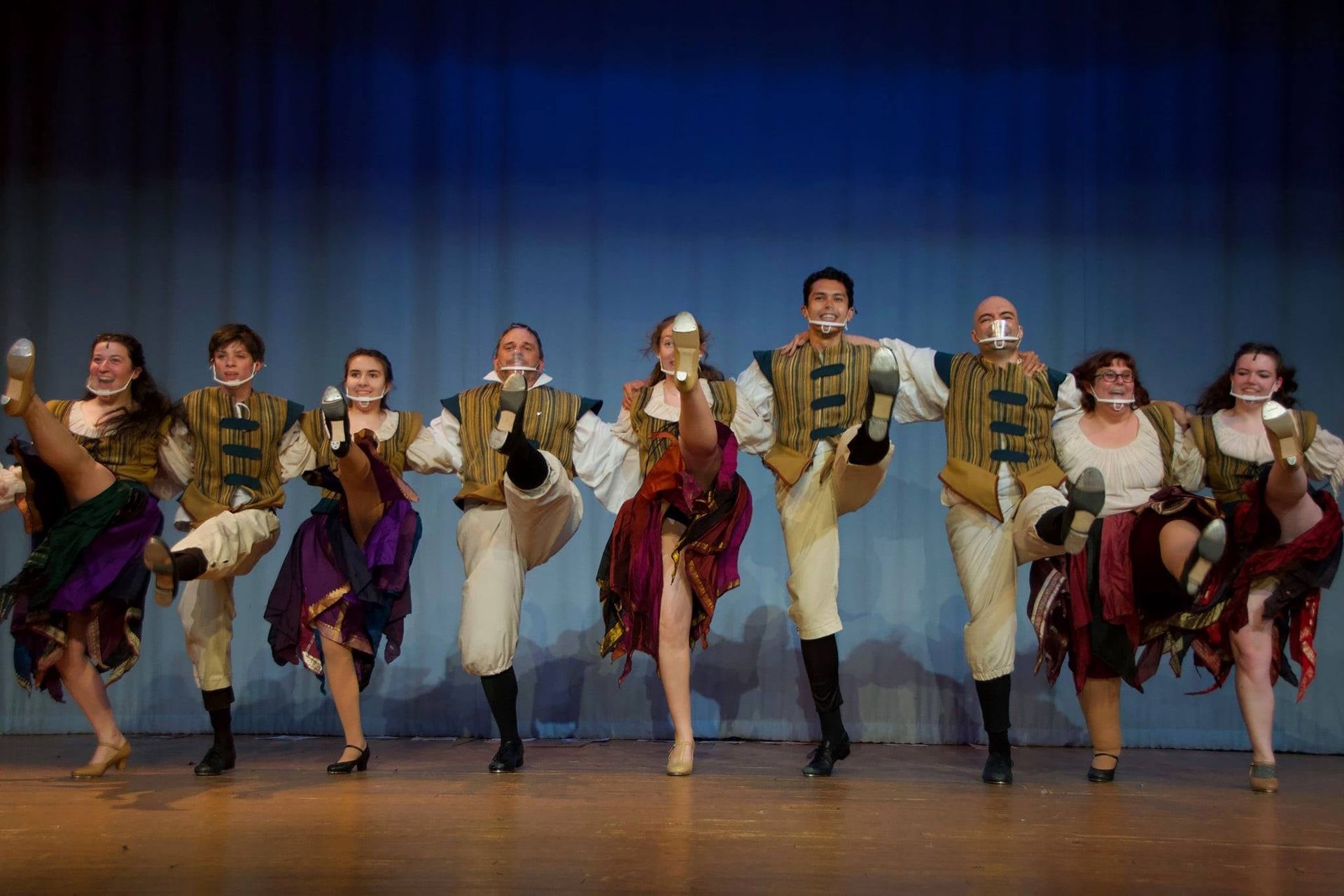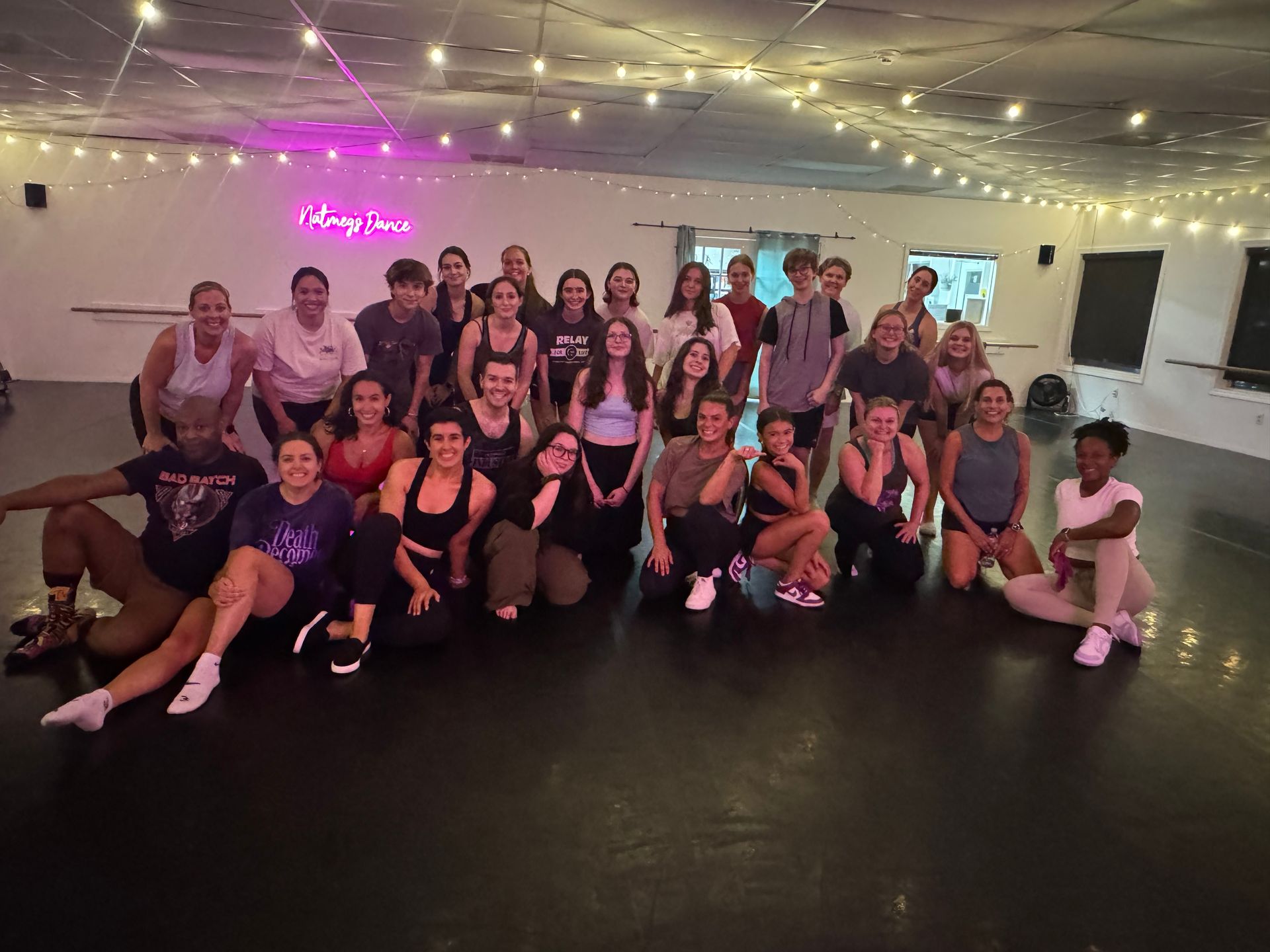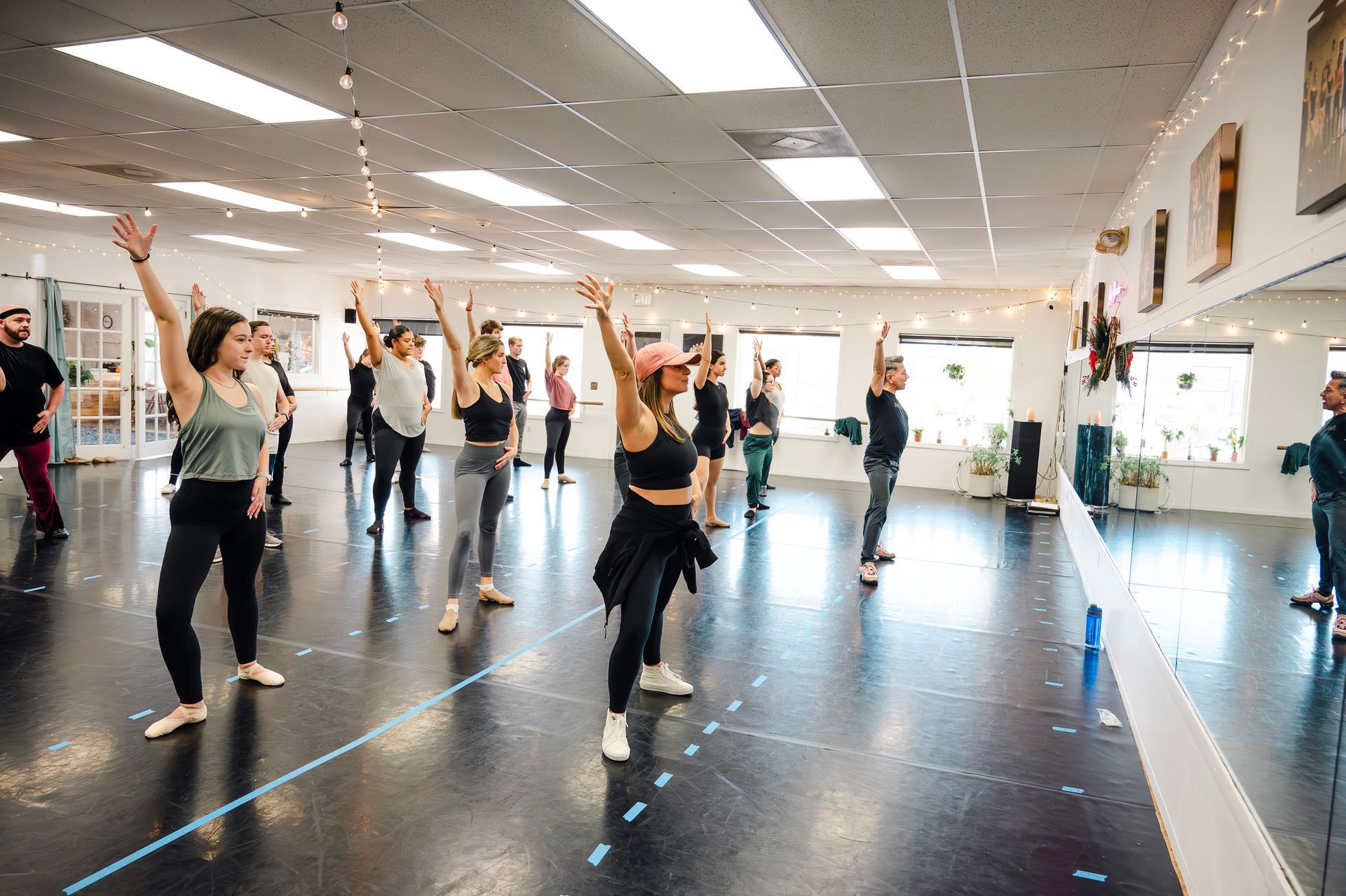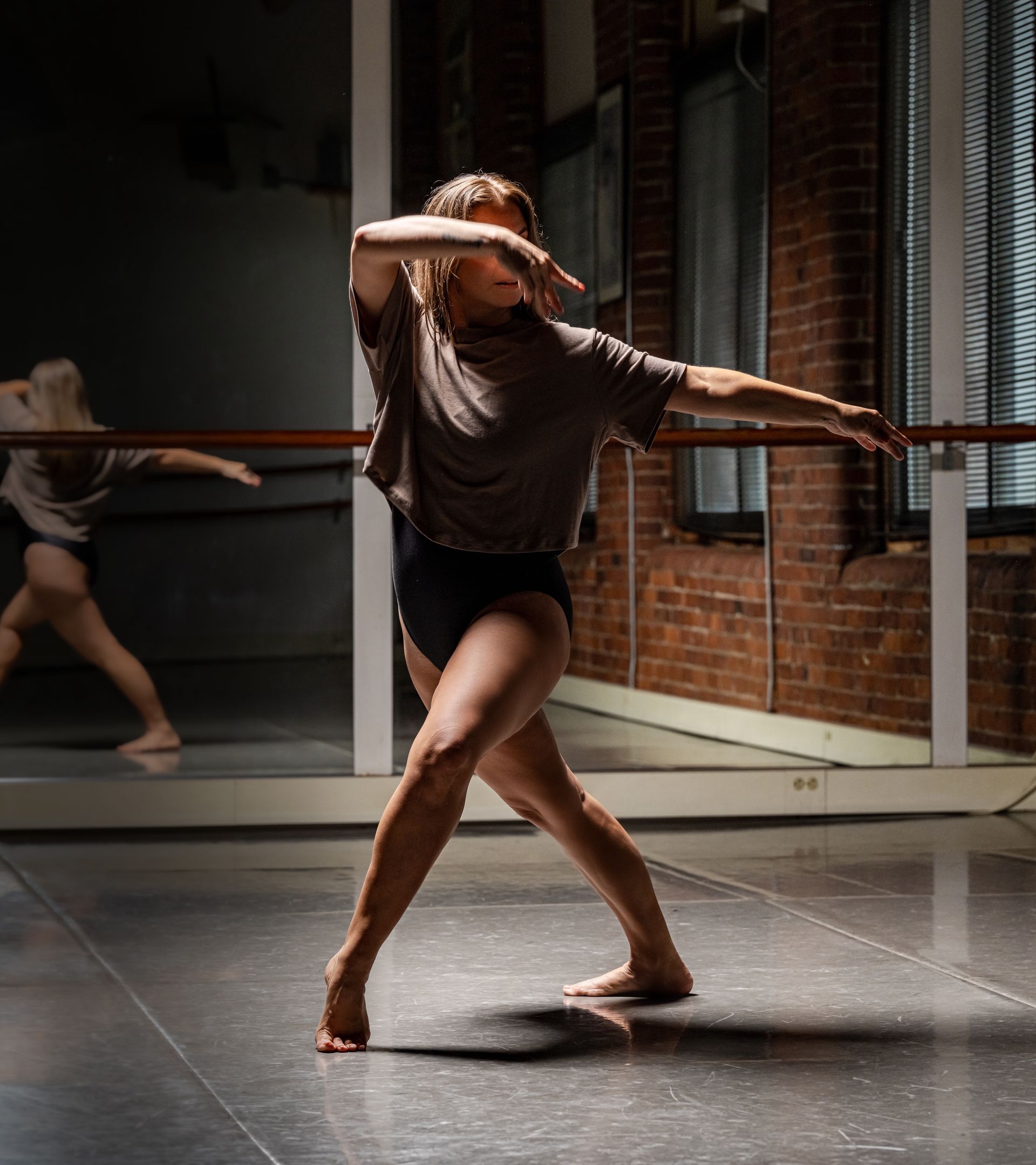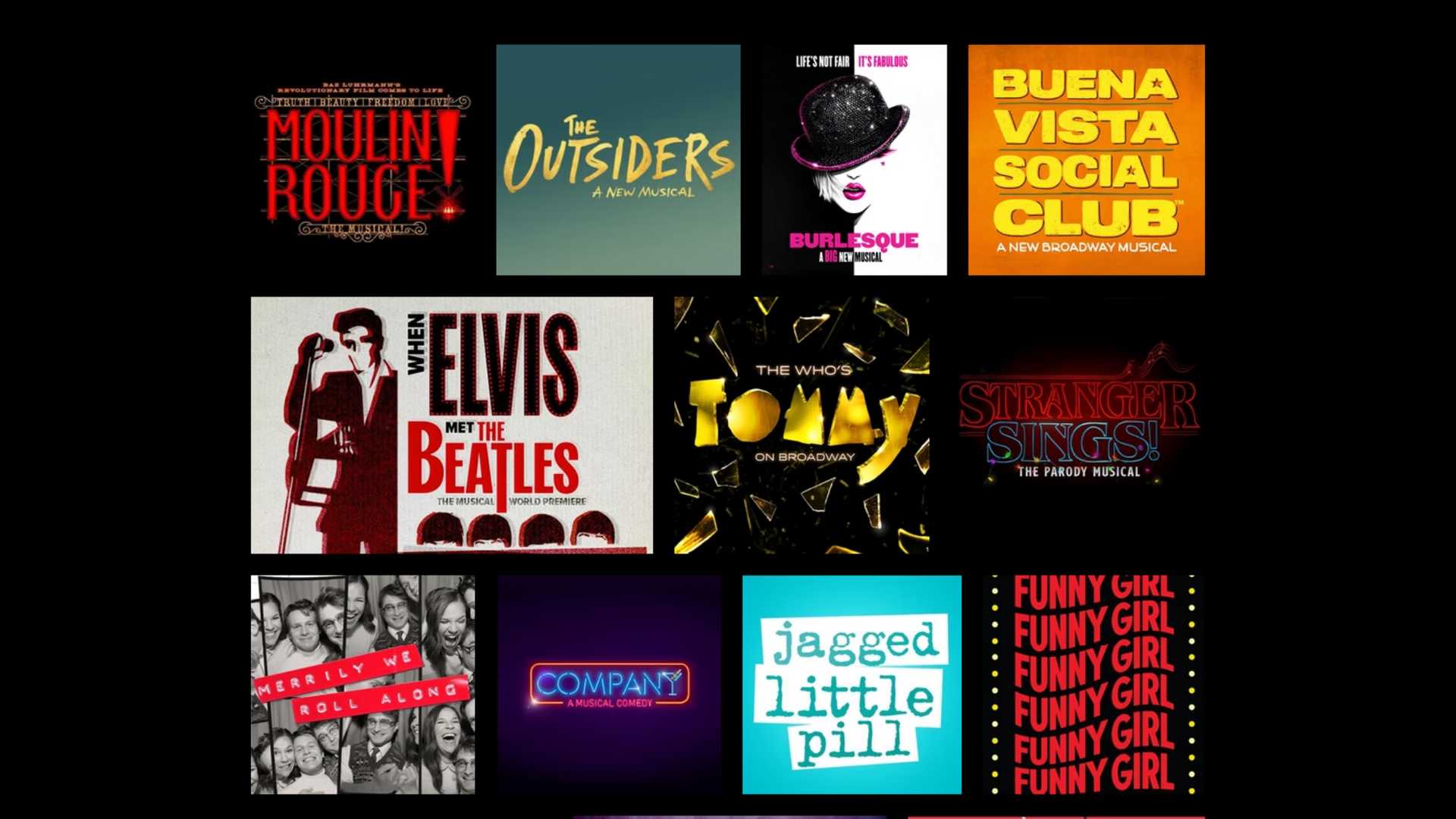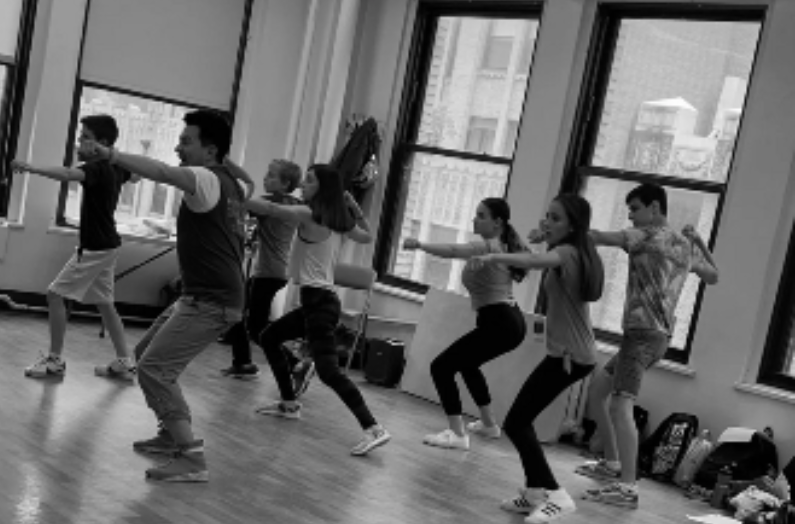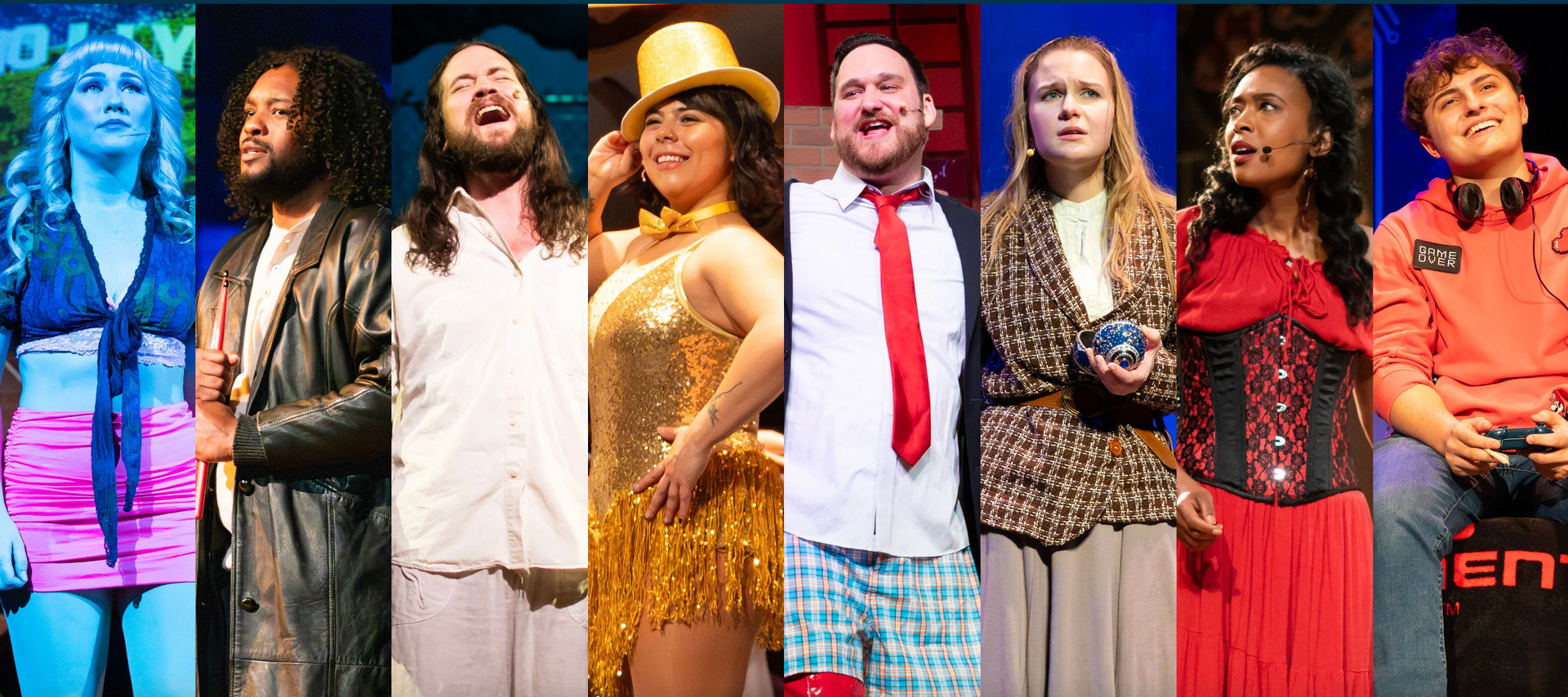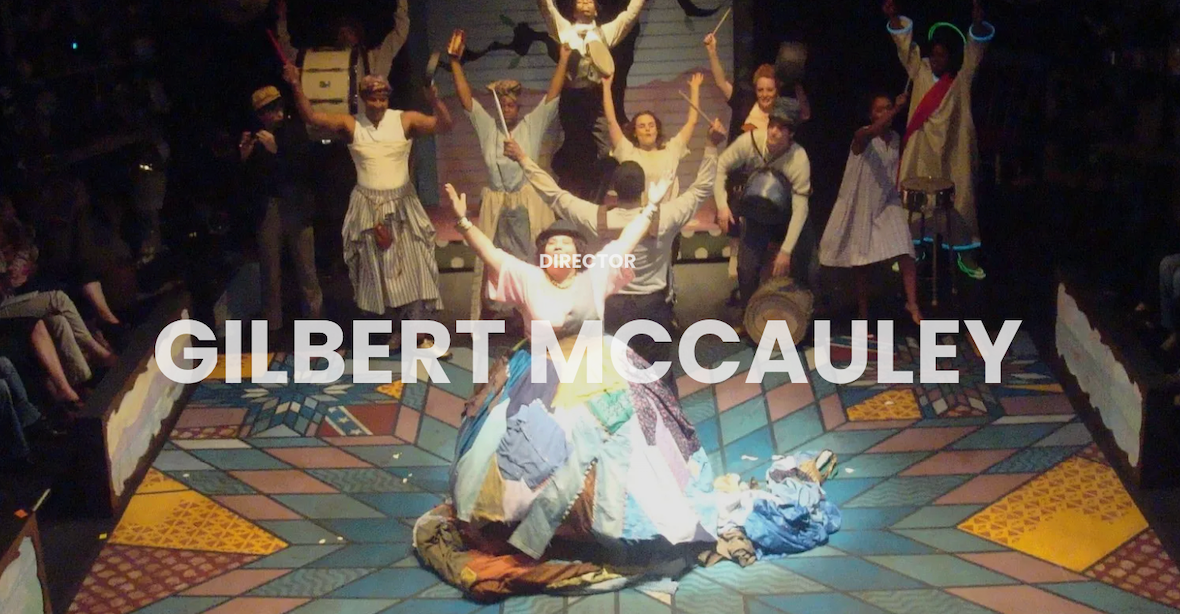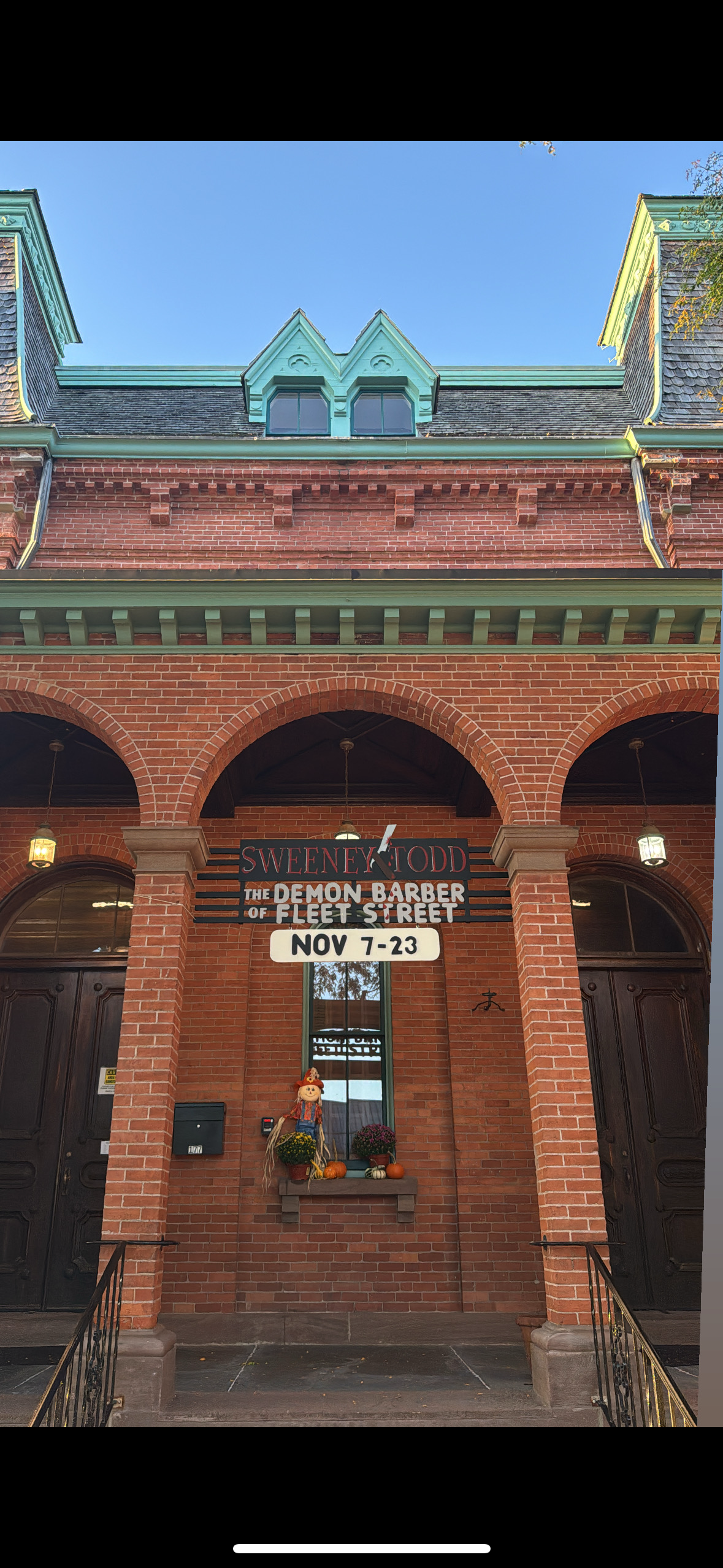Smart Social Media for Community Theatre
Every community theatre wants to fill seats, raise money, and grow its audience. Social media should help do all three, but too often feeds get cluttered with endless graphics and rushed posts. Audiences scroll right past the clutter. The good news: a smarter content strategy built on people and stories can set your theatre apart.
Community vs. Broadway
I think it's smart to look at what Broadway shows are doing for inspiration, but it shouldn't be the full blueprint for what you do in community theatre. A Broadway show can market for years with a large budget and long-term campaigns, usually focused on sustaining ticket sales for a single production.
Community theatres, on the other hand, juggle multiple shows each year with short runs while also managing fundraising, committees, and community outreach. That makes every post count. Content should not only build buzz before opening and keep energy high during the run, but also show audience reactions, thank supporters, and connect back to the theatre’s broader mission.
Where Broadway marketing centers on the show, community theatre marketing must balance the show with the bigger picture of sustaining the organization. Community theatres have a huge opportunity to be a source of pride for the people and communities involved with their shows and initiatives.
Content That Pulls People In
Audiences crave connection. They want to know the performers, the process, and the personalities behind the curtain. Instead of stuffing your feed with posters, try:
- Cast spotlights. Introduce actors with a headshot, role, and one personal detail.
- Behind the scenes. Share rehearsal photos, costume progress, or set builds.
- Teasers. Short clips of a dance, a musical phrase, or a dramatic moment.
- Show run highlights. Backstage snapshots, post-show thank-yous, or cast selfies.
- Committee Spotlights. Set design, costumes, public relations, your volunteer coordinator, producing teams, etc.
- Throwbacks. Helps reconnect audiences who were highly engaged during the production and draw them back into the community.
- National “Days”. National Best Friends Day? Great opportunity to share photos of best friends from shows past: Sheila and Bobby in A Chorus Line, Jeremy and Michael from Be More Chill, Ariel and Flounder from The Little Mermaid.
- Cast Lists. Tends to be the most shared content on theatre pages.
Remember, productions are only part of your story. Social media should also support the bigger picture:
- Fundraising. Share donor stories, highlight impact, and include clear calls to give.
- Volunteers and committees. Feature the ushers, painters, and board members who keep the theatre running.
- Events and programs. Promote workshops, auditions, and partnerships with schools or local businesses.
When you mix show promotion with mission-driven content, your feed reflects the full heartbeat of your organization.
A few best practices to consider:
Official Announcements Should Come From You First: Did you just finish casting? A good rule of thumb is to let the cast know they can share their excitement only after the theatre’s official announcement. Major news, whether it’s a cast list or a new initiative, should come from your channels first. This not only makes the information more official but also drives traffic back to your page. A single cast list post can be shared dozens of times, and multiply your reach. But if every cast member posts separately before you do, your theatre may miss out on valuable engagement, followers, and visibility.
Quality Beats Quantity: Posting every day means nothing if the content looks sloppy. A single high-quality photo will earn more engagement than five blurry ones. A candid rehearsal clip with good lighting often works better than a cluttered graphic. Choose clarity, authenticity, and consistency over volume.
Video or Photo: Community theatres should focus on posting quality photos and videos that match the story they want to share. The format should be chosen based on what communicates the message most effectively. Yes, video happens to be popular right now, but it isn't always the best choice. For example, a cast list works best as a clean, well-designed photo. Videos are more effective when they’re intentional, such as teaser clips from the show, behind-the-scenes challenges, or fun, engaging chatter. Photos should be clear, focused, and free of clutter in backgrounds, and every person in the shot should look ready to be featured. A simple test is to ask: would I want this image or video posted of me, and would I stop to engage with it if I saw it while scrolling?
Engage Cast, Creative Teams, and Committees: Your PR team cannot do it all. Encourage cast, crew, and committees to share photos and clips throughout the process. Create a shared folder where everyone can drop material. When content comes from many voices, it feels more alive, and your team has more to work with.
Use Graphics Wisely: Design tools like Canva have their place, but they should not overwhelm your feed. Audiences want connection, not a slideshow of busy, overused templates. Graphics are best for sharing ticket details or dates. Beyond tthat, lean on strong photos and authentic clips that capture the vibe of your theatre.
One way to keep the feed looking good and still include necessary graphics is to post graphics in a series of tiles. Perhaps your first tile is a lifestyle shot or video, and then you swipe to the graphic, which displays all the information. The most important thing to remember is not to get to "Canva-happy".
Skip AI
Theatre and arts companies thrive on stories. Every poster, every press release, every social media post exists to remind audiences that behind the curtain are real people with history, feelings, and purpose. This is why copy-and-paste AI content will never be enough. Audiences still crave connection, and connection comes from human backstory.
Aside from all the AI debates, it isn't even effective. You can always tell when a caption or message is a straight copy and paste. It feels flat, cringy, and disconnected...like no one bothered to think about who was actually on the other side reading it. You aren't saving time when your em dashes, participial phrases, gerunds, and emojis as bullet points trigger an eyeroll instead of action. Ask yourself, "What type of visceral reaction do I want my readers to have"?
Build Community
Social media should feel as alive as the shows you put on stage. Focus on real people, authentic stories, and strong visuals. Balance show promotion with fundraising, volunteer recognition, and community outreach. Choose quality over noise. Bottom line? When your feed reflects the heart and humanity of your theatre, audiences will not just attend a show or two. They will belong.
Recent Posts
